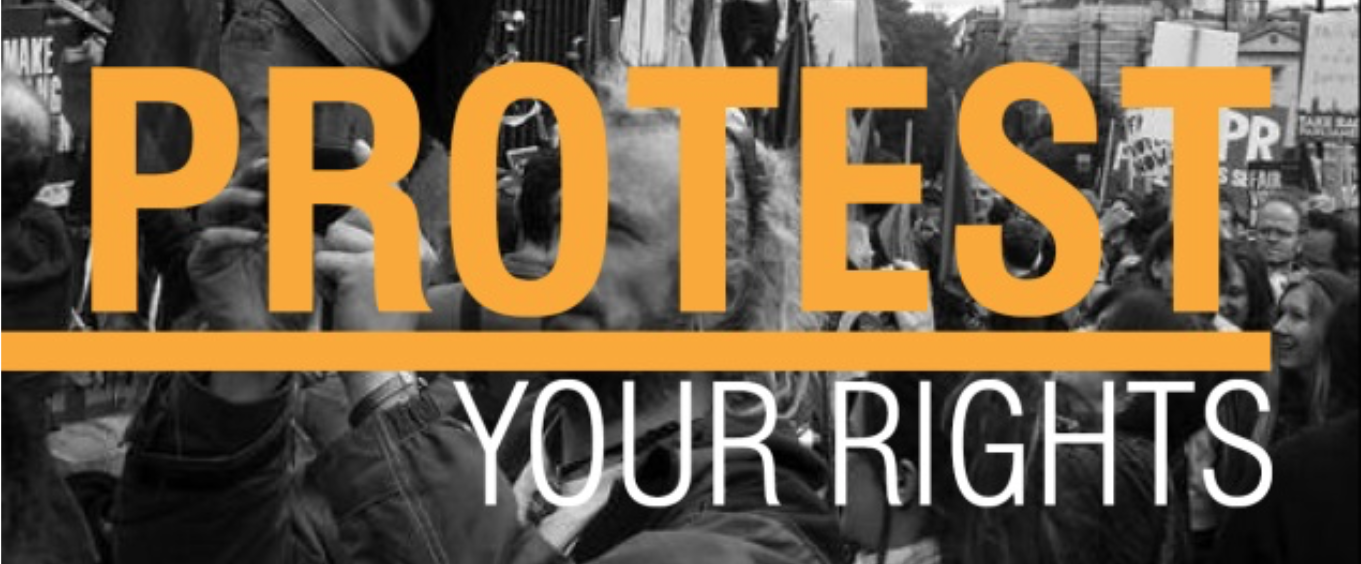80.2A Urging violence against groups
Offences
(1) A person (the first person ) commits an offence if:
(a) the first person intentionally urges another person, or a group, to use force or violence against a group (the targeted group ); and
(b) the first person does so intending that force or violence will occur; and
(c) the targeted group is distinguished by race, religion, nationality, national or ethnic origin or political opinion; and
(d) the use of the force or violence would threaten the peace, order and good government of the Commonwealth.
Penalty: Imprisonment for 7 years.
Note: For intention, see section 5.2.
(2) A person (the first person ) commits an offence if:
(a) the first person intentionally urges another person, or a group, to use force or violence against a group (the targeted group ); and
(b) the first person does so intending that force or violence will occur; and
(c) the targeted group is distinguished by race, religion, nationality, national or ethnic origin or political opinion.
Penalty: Imprisonment for 5 years.
83.4 Interference with political rights and duties
(1) A person commits an offence if:
(a) the person engages in conduct; and
(b) the conduct involves the use of force or violence, or intimidation, or the making of threats of any kind; and
(c) the conduct results in interference with the exercise or performance, in Australia by any other person, of an Australian democratic or political right or duty; and
(d) the right or duty arises under the Constitution or a law of the Commonwealth.
Note: The defence in section 80.3 for acts done in good faith applies to this offence.
Penalty: Imprisonment for 3 years.
Right to freedom of assembly and association
What is the right to freedom of assembly and association?
The right to peaceful assembly protects the right of individuals and groups to meet and to engage in peaceful protest. The right to freedom of association protects the right to form and join associations to pursue common goals.
Where does the right to freedom of assembly and association come from?
Australia is a party to seven core international human rights treaties. The right to freedom of assembly and association is contained in articles 21 and 22 of the International Covenant on Civil and Political Rights (ICCPR)- https://constitutionwatch.com.au/international-covenant-on-civil-and-political-rights/
and article 8(1)(a) of the International Covenant on Economic, Social and Cultural Rights (ICESCR)-
https://constitutionwatch.com.au/international-covenant-on-economic-social-and-cultural-right/
(a) The right of everyone to form trade unions and join the trade union of his choice, subject only to the rules of the organization concerned, for the promotion and protection of his economic and social interests. No restrictions may be placed on the exercise of this right other than those prescribed by law and which are necessary in a democratic society in the interests of national security or public order or for the protection of the rights and freedoms of others;
